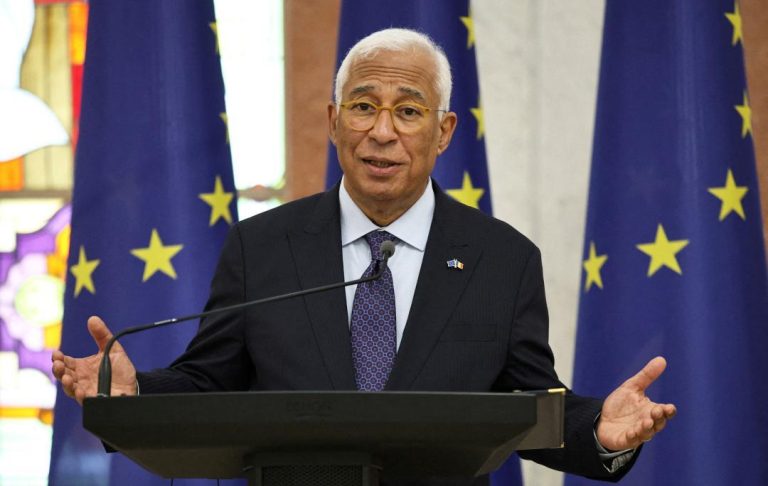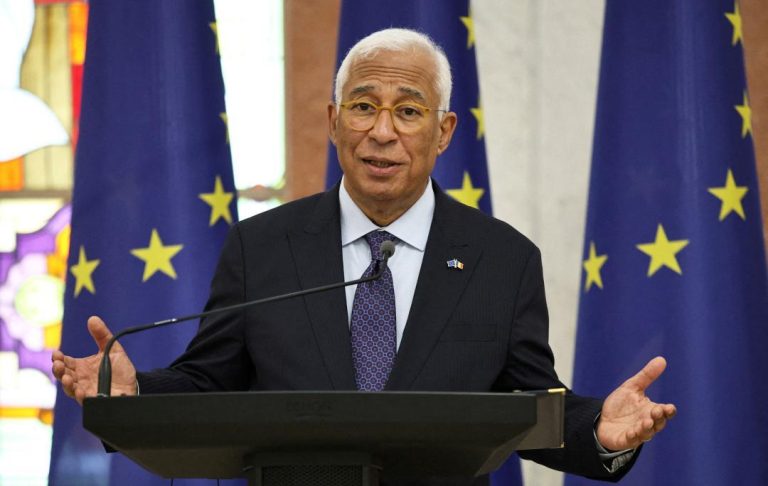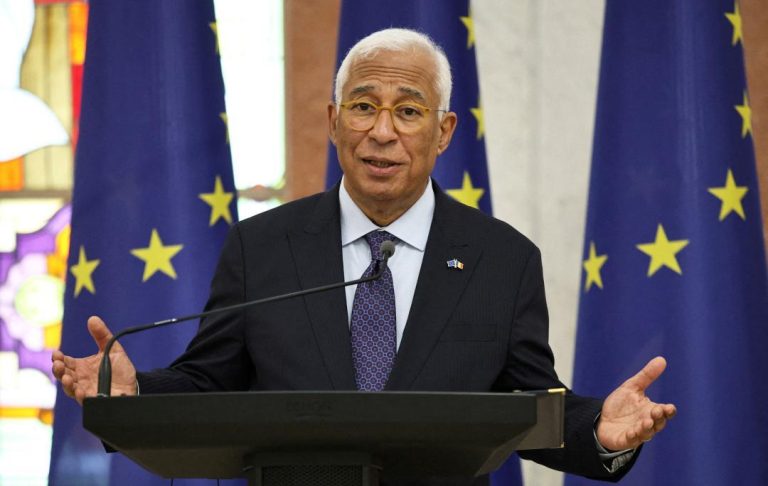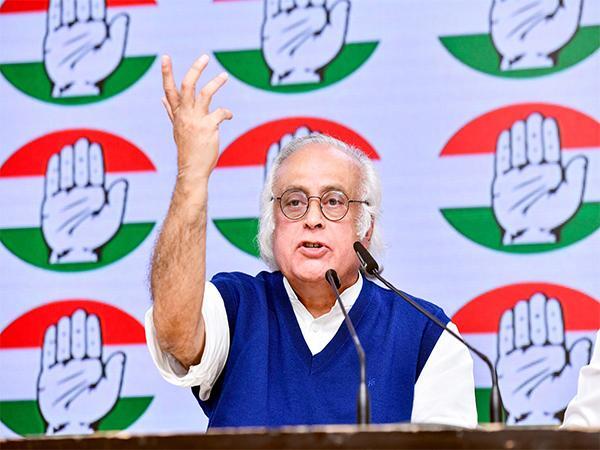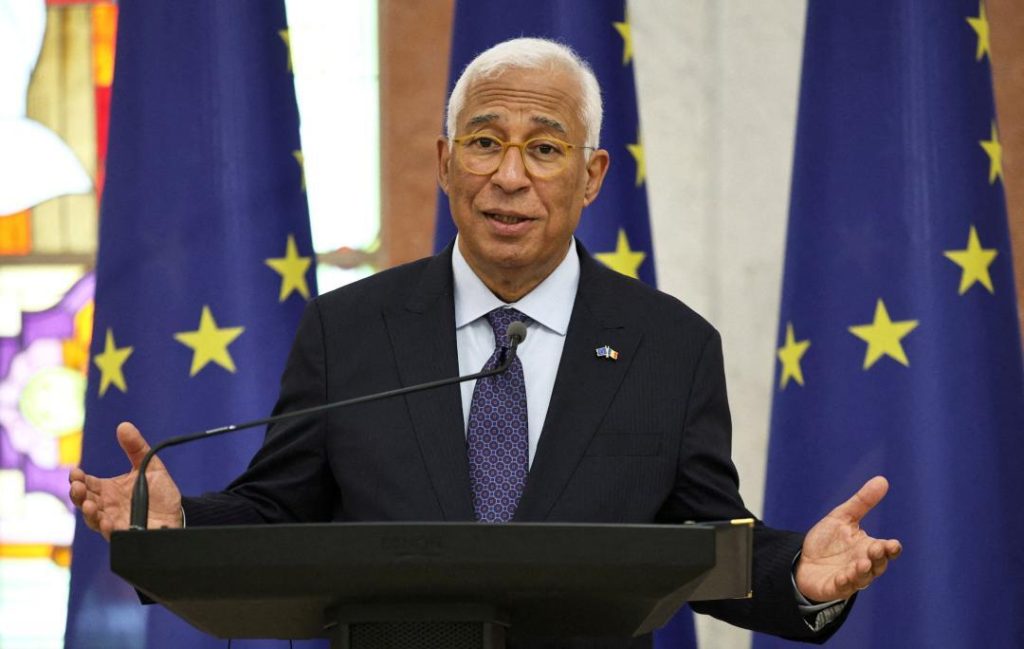
No Indications Spain, Portugal Blackout a Cyberattack: EU’s Costa
A massive power outage has struck Spain and Portugal, leaving thousands without electricity. The blackout has raised concerns about the potential for a cyberattack, but EU Council President Antonio Costa has stated that there are “no indications of any cyberattack at this point.”
The power outage occurred on [date] and affected a large portion of both countries, with reports of widespread disruptions to daily life. The cause of the outage is still unknown, with grid operators in both countries working to find the root cause and restore power to affected areas.
Costa, who is in touch with Spanish President Pedro Sánchez and Portuguese PM Luís Montenegro, has stated that the EU is closely monitoring the situation and is ready to provide any necessary support.
“It’s a serious situation, but we have to be calm and methodical in our approach,” Costa said. “Grid operators in both countries are working on finding the cause and restoring the electricity supply. We are in close contact with the authorities and are ready to provide any necessary support.”
The power outage has caused significant disruptions to daily life in both countries. Many businesses and schools were forced to close, and public transportation systems were severely disrupted. The outage has also had a significant impact on the economy, with many industries relying on electricity to operate.
The possibility of a cyberattack being the cause of the blackout has been a major concern, but Costa has stated that there is currently no evidence to support this theory. “At this point, we have no indications of any cyberattack,” he said. “We are taking all necessary precautions to ensure the security of our energy infrastructure, but we have no evidence to suggest that this was a cyberattack.”
The EU has a robust cybersecurity system in place to detect and respond to potential cyber threats. The European Union Agency for Cybersecurity (ENISA) is responsible for providing cybersecurity advice and support to the EU’s member states, and the EU’s Cybersecurity Act provides a framework for the development of cybersecurity policies and measures.
Despite the lack of evidence of a cyberattack, the EU is taking the situation seriously and is working closely with the authorities in Spain and Portugal to get to the bottom of the blackout. “We are doing everything we can to support our friends in Spain and Portugal,” Costa said. “We will do everything necessary to ensure that the situation is brought under control and that the electricity supply is restored to normal levels as quickly as possible.”
The blackout has also raised concerns about the resilience of the EU’s energy infrastructure. The EU’s energy system is highly interconnected, with electricity flowing freely between member states. This has raised concerns about the potential for a single event to affect multiple countries.
“In the EU, we have a highly interconnected energy system,” Costa said. “This is a major advantage, as it allows us to share resources and expertise across borders. However, it also means that a single event can have a significant impact on multiple countries. We are working to strengthen the resilience of our energy infrastructure and to ensure that we are better prepared for any unexpected events that may occur.”
The blackout in Spain and Portugal is a significant event, and the EU is taking it very seriously. While there are currently no indications of a cyberattack, the EU is working closely with the authorities to get to the bottom of the situation and to restore power to affected areas as quickly as possible.
Source:
https://x.com/eucopresident/status/1916859055546544517
